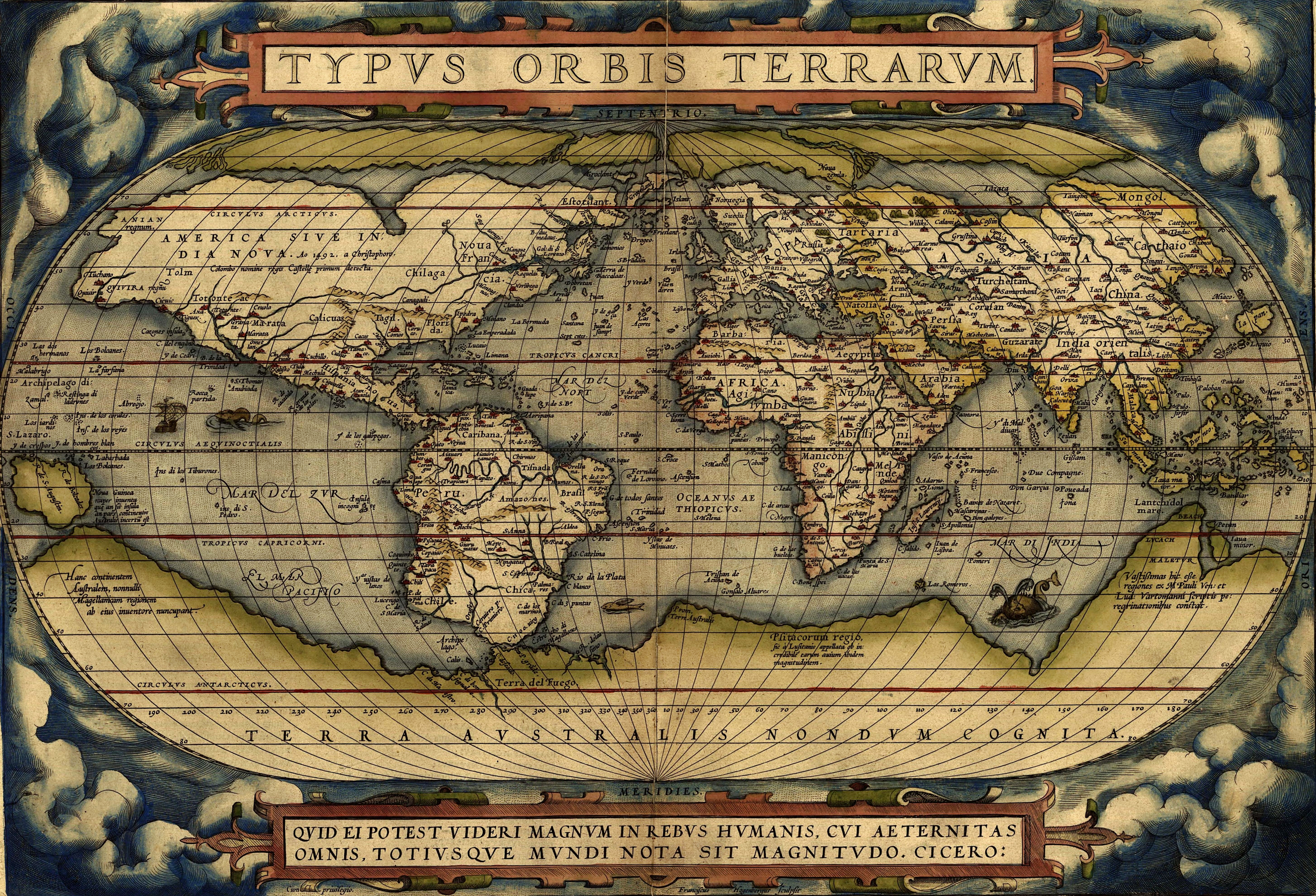A famous preacher once said, “To know the will of God, we need an open Bible and an open map.”
His name was William Carey, and he is known as the father of modern Protestant missions. Carey’s work in India in the early 19th century is foundational for the practices and philosophies of virtually every missions organization formed since.
Open a map of the world and look at the Eastern Hemisphere, then chart the region between 10 and 40 degrees north of the Equator. This is the 10/40 Window, and this geographic region is quite possibly the greatest challenge, but also the greatest opportunity, we face as supporters of world missions.
 The Window is home to roughly two thirds of the world’s population, more than four billion people, as well as the poorest of the world’s poor; 85% of people in the Window live on less than two dollars a day.
The Window is home to roughly two thirds of the world’s population, more than four billion people, as well as the poorest of the world’s poor; 85% of people in the Window live on less than two dollars a day.The region also encompasses locations central to the world’s major religions: Islam, Buddhism, Hinduism and Judaism. Many nations within the 10/40 Window are, officially or unofficially, resistant or even hostile toward Christians, the Bible, and Christian literature and teachings.
Ninety percent of the population of the 10/40 Window is unevangelized, meaning they have not heard the Gospel even once. Many cultures within the Window have few to no Christians; therefore they have no context for a Christian movement.
If all of this weren’t enough of a challenge, of the 55 least evangelized countries in the world, 97% of their population lives within the 10/40 Window, yet only 10% of the global missionary force is working there.
But there is good news. Unreached does not equal unreachable. For example, according to a 2008 study, in 1989 there were only four known Christians living in Mongolia. That country now has an estimated 40,000 indigenous believers.
The efforts of missionaries and native believers in this country reflect another insight credited to William Carey: “Expect great things from God; attempt great things for God.” We can be certain that God is at work in the 10/40 Window, and nothing is impossible for Him!
Last summer, I visited a country in the 10/40 Window: Azerbaijan. This culturally Muslim nation sandwiched between Russia and Iran still bears the scars of Soviet-era oppression and a bloody revolution fought in the early 1990s.
Like many 10/40 nations, Azerbaijan outlaws any evangelism or public expression of Christianity. The missionaries I worked with there use creative access to reach people with the Gospel, through a business they have established in a local community. Even in countries that have restricted and outlawed Christianity, Jesus is still being preached!
If you’re interested in learning more about the 10/40 Window, visit this page for an explanation by missions strategist Luis Bush, who first coined the term and the concept, or The Joshua Project, a world missions initiative to bring Scripture and the Gospel to every people group on earth. Or click here for a short video.
Of his evangelistic work in the 10/40 nation of India, William Carey once said, “I will go down, if you will hold the ropes.” Let’s “hold the ropes” for those God has called to the farthest corners of the unreached world: Pray for the 10/40 Window. Pray for the missionaries serving there, that God would guide and protect them as they advance His Kingdom.
And most of all, pray for the people of this region, that God would break down barriers and open hearts so the lost may experience His love and grace.
